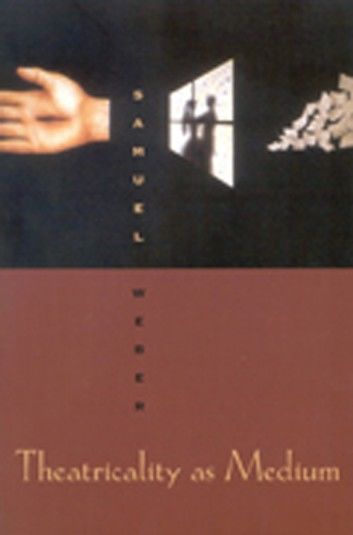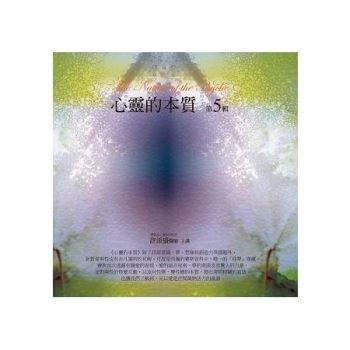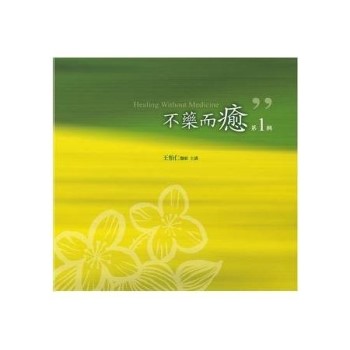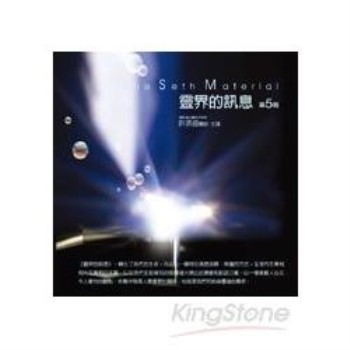| FindBook |
有 1 項符合
Theatricality as Medium的圖書 |
 |
Theatricality as Medium 作者:Samuel Weber 出版社:Fordham University Press 出版日期:2009-08-25 語言:英文 |
| 圖書館借閱 |
| 國家圖書館 | 全國圖書書目資訊網 | 國立公共資訊圖書館 | 電子書服務平台 | MetaCat 跨館整合查詢 |
| 臺北市立圖書館 | 新北市立圖書館 | 基隆市公共圖書館 | 桃園市立圖書館 | 新竹縣公共圖書館 |
| 苗栗縣立圖書館 | 臺中市立圖書館 | 彰化縣公共圖書館 | 南投縣文化局 | 雲林縣公共圖書館 |
| 嘉義縣圖書館 | 臺南市立圖書館 | 高雄市立圖書館 | 屏東縣公共圖書館 | 宜蘭縣公共圖書館 |
| 花蓮縣文化局 | 臺東縣文化處 |
|
|
Ever since Aristotle's Poetics, both the theory and the practice of theater have been governed by the assumption that it is a form of representation dominated by what Aristotle calls the "mythos," or the "plot." This conception of theater has subordinated characteristics related to the theatrical medium, such as the process and place of staging, to the demands of a unified narrative.
This readable, thought-provoking, and multidisciplinary study explores theatrical writings that question this aesthetical-generic conception and seek instead to work with the medium of theatricality itself. Beginning with Plato, Samuel Weber tracks the uneasy relationships among theater, ethics, and philosophy through Aristotle, the major Greek tragedians, Shakespeare, Kierkegaard, Kafka, Freud, Benjamin, Artaud, and many others who develop alternatives to dominant narrative-aesthetic assumptions about the theatrical medium.
His readings also interrogate the relation of theatricality to the introduction of
electronic media. The result is to show that, far from breaking with the characteristics of live staged performance, the new media intensify ambivalences about place and identity already at work in theater since the Greeks.
Praise for Samuel Weber: “What kind of questioning is primarily after something other than an answer that can be measured . . . in cognitive terms? Those interested in the links between modern philosophy nd media culture will be impressed by the unusual intellectual clarity and depth with which Weber formulates the . . . questions that constiture the true challenge to cultural studies today. . . . one of our most important cultural critics and thinkers”—MLN
|











